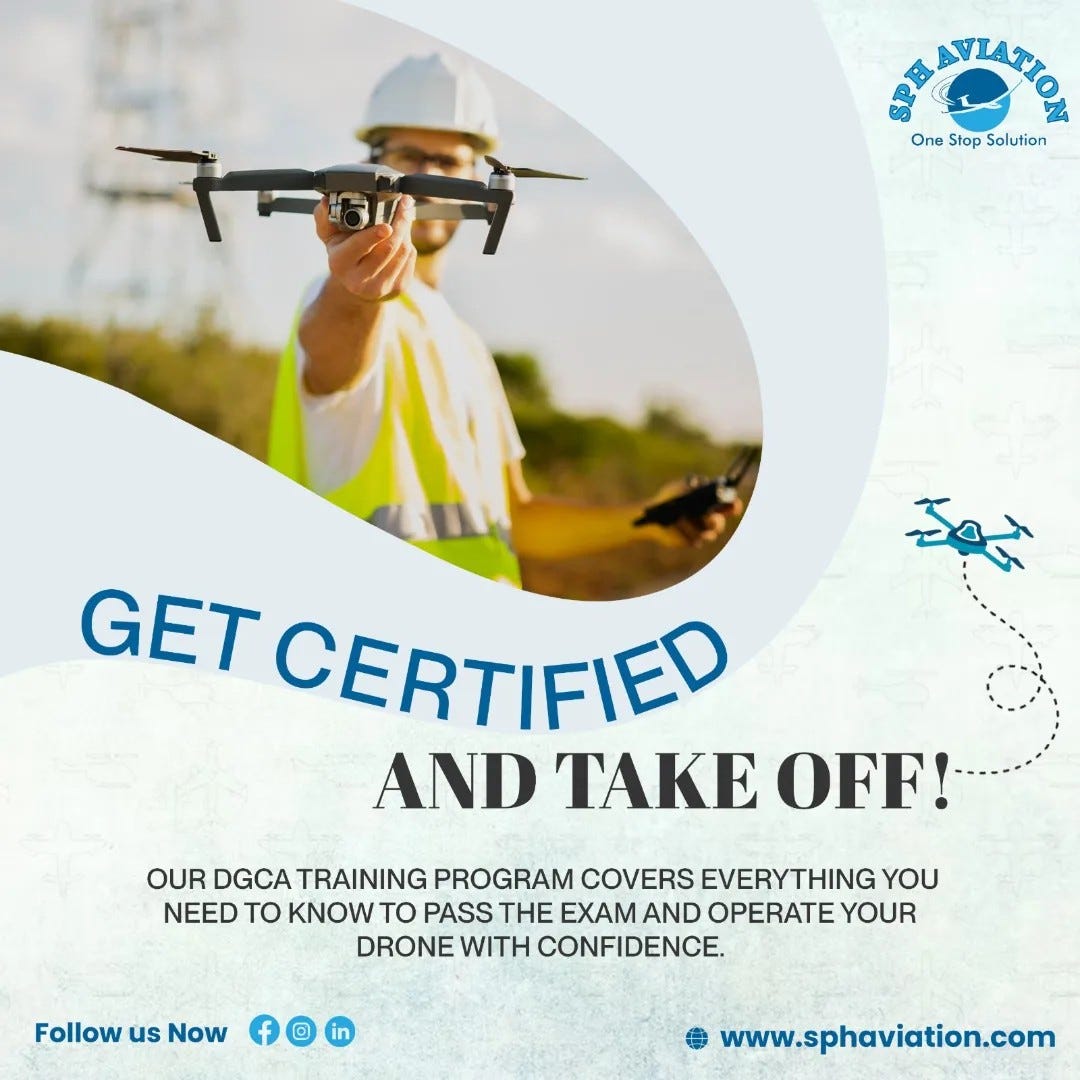
2024
The logistics industry is on the cusp of a transformation, and drones are at the forefront of this revolution. From delivering packages to remote areas to enhancing efficiency in urban environments, drones are changing the way we think about delivery and transportation. At SPH Aviation, we are committed to training the next generation of drone pilots who will be at the helm of this innovative industry. Let’s explore how drones are revolutionizing logistics and what this means for the future.
The Rise of Drone Delivery
Drone delivery is no longer a futuristic concept. Major companies like Amazon, Google, and UPS are already testing and implementing drone delivery services. These drones are designed to carry packages quickly and efficiently, bypassing traditional road traffic and reducing delivery times significantly. The benefits of drone delivery are numerous:
- Speed: Drones can deliver packages in a fraction of the time it takes traditional delivery methods.
- Accessibility: Drones can reach remote and hard-to-access areas that are challenging for ground vehicles.
- Cost-Effectiveness: Reducing the need for human drivers and vehicles lowers operational costs.
- Environmental Impact: Drones produce fewer emissions compared to traditional delivery trucks, contributing to a greener environment.
Applications of Drone Delivery
The applications of drone delivery are vast and varied, spanning multiple industries and use cases. Here are some key areas where drones are making a significant impact:
- E-commerce: Companies like Amazon and Walmart are exploring drone delivery to offer faster and more efficient shipping options to customers.
- Medical Supplies: Drones are being used to deliver essential medical supplies, vaccines, and emergency aid to remote and disaster-stricken areas.
- Food and Grocery Delivery: Restaurants and grocery stores are leveraging drones to provide quick and contactless delivery services.
- Industrial and Commercial: Drones are used to transport tools, equipment, and parts within large industrial sites, improving workflow and productivity.
Challenges and Solutions
While the potential of drone delivery is immense, there are challenges that need to be addressed to ensure widespread adoption and success:
- Regulatory Hurdles: Navigating airspace regulations and obtaining the necessary permissions for drone operations can be complex. However, advancements in policy and collaboration with aviation authorities are paving the way for smoother integration.
- Safety Concerns: Ensuring the safety of both drones and the public is paramount. This involves developing robust systems for collision avoidance, reliable communication links, and stringent maintenance protocols.
- Technological Limitations: Battery life, payload capacity, and range are critical factors that need continuous improvement. Innovations in drone technology and battery efficiency are steadily overcoming these limitations.
The Future of Drone Logistics
The future of drone logistics looks promising, with advancements in technology and increasing acceptance from regulatory bodies. Here’s what we can expect in the coming years:
- Urban Air Mobility: As urban areas become more congested, drones will play a crucial role in reducing traffic and enhancing delivery efficiency. Urban air mobility solutions will integrate drones seamlessly into cityscapes.
- Autonomous Drones: The development of fully autonomous drones equipped with AI and machine learning capabilities will revolutionize logistics by enabling self-navigating delivery systems.
- Networked Delivery Systems: Integrated networks of drones will work in harmony to manage large-scale delivery operations, optimizing routes and ensuring timely deliveries.
How SPH Aviation Prepares You for the Future
At SPH Aviation, we offer comprehensive training programs that equip you with the skills and knowledge needed to excel in the drone logistics industry. Our courses cover various aspects of drone operations, including:
- Flight Planning and Navigation: Learn how to plan and execute efficient delivery routes.
- Regulatory Compliance: Understand the legal and regulatory requirements for drone operations.
- Safety and Maintenance: Gain insights into maintaining drones and ensuring safe operations.
- Technological Proficiency: Stay updated with the latest advancements in drone technology and software.
Conclusion
Drones are set to revolutionize the logistics industry, offering faster, more efficient, and environmentally friendly delivery solutions. By embracing this technology, businesses can gain a competitive edge and meet the growing demand for quick and reliable deliveries. At SPH Aviation, we are dedicated to preparing you for this exciting future. Join us and be part of the drone revolution.
